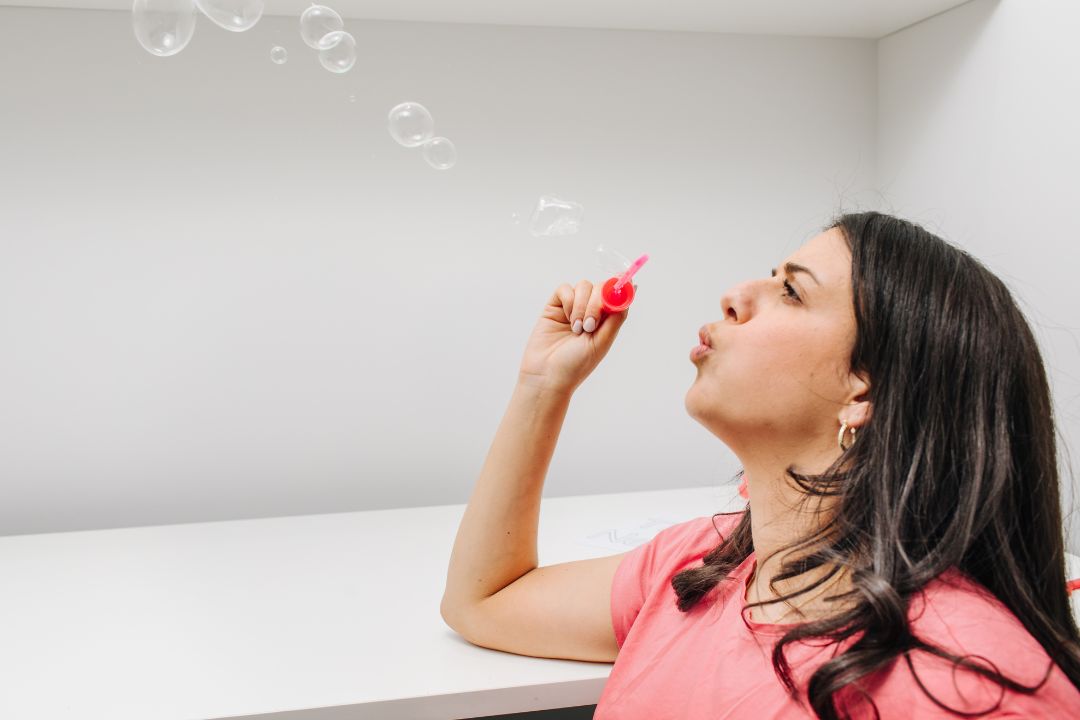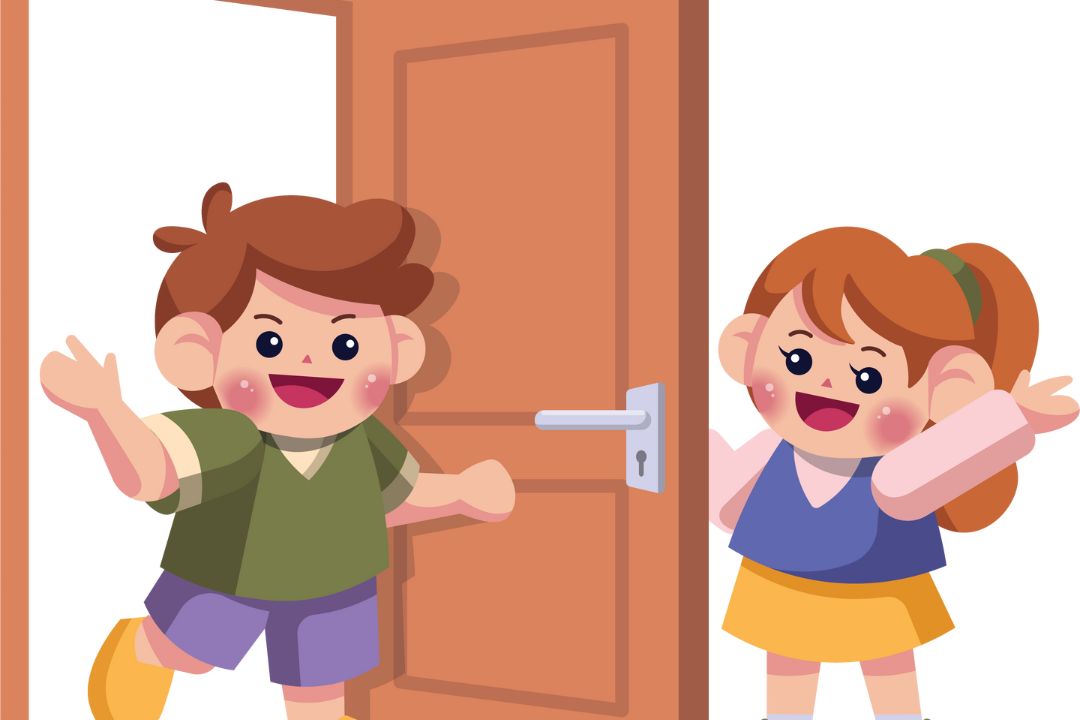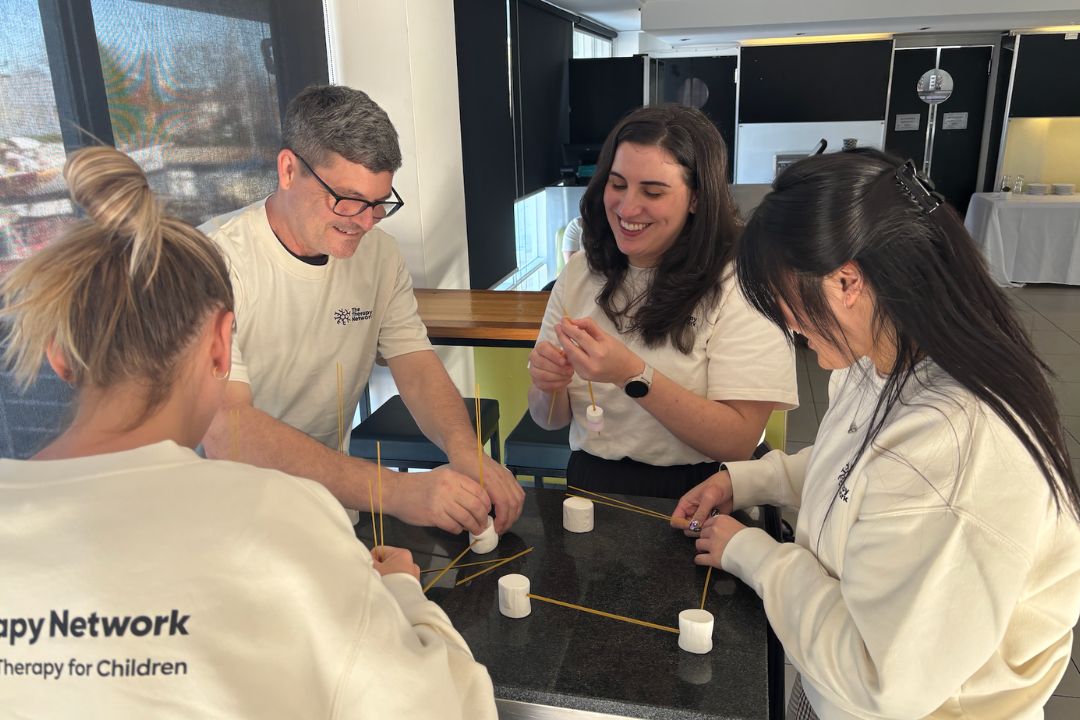Supporting your child’s growth, one occupation at a time
When you hear the word “occupation”, you might think of jobs or careers—but in Occupational Therapy (OT), it means something much broader. Occupations are literally all the meaningful activities we do every day—at home, at school, and in the community.
They’re the things we need to do, want to do, and are expected to do .
For children, daily occupations look very different from adults. Instead of jobs or housework, they’re busy growing, learning, playing, and exploring the world around them. And that’s where Paediatric Occupational Therapists come in.
Our team of OT’s and Allied Health Assistants support children and their families to build the skills they need to flourish in everyday life.
Here are just some of the key areas where an Occupational Therapist can make a real difference in the growth and development of children:
Self-Care Skills
Think things like dressing, brushing teeth, tying shoes, using cutlery, toileting, showering.
For some children, especially those with challenges in fine/gross motor skills or executive functioning (things like memory, focus, and organisation), these tasks don’t come easily.
An OT can help break down these routines into manageable steps and work with you on strategies that promote learning and independence at home and at school
Play
Play is a child’s most important job!
Through play, children explore, make sense of new experiences, and build social connections.
If your child finds imaginative play difficult, struggles with turn-taking or doesn’t know how to engage with others, an OT can support them in developing these essential skills—and show you how to practice and encourage them at home and at school.
Sensory Processing
Sometimes children may be sensitive to sounds, lights, smells, or textures. Other children may seem to be constantly seeking out sensory input.
This is all to do with sensory processing— this is how the brain interprets and responds to what’s going on inside and around the body.
If your child is easily overwhelmed, struggles with attention or has big emotional responses to sensory input, an OT can help create strategies and develop routines to support self-regulation throughout the day.
Visual Perceptual Skills
Think about the skills that help us make sense of what we see….. things like recognition, finding a toy in a playroom, matching shapes, or recognising that a small green ball is the same thing as a big orange one.
When visual perceptual skills are underdeveloped, things like reading, writing, and learning at school can become really challenging.
OTs can support your child in building these foundational skills to help them thrive in the classroom.
Productive Occupations – “doing tasks”
Think about all the “doing” tasks—schoolwork, chores, making lunch, learning to manage money.
Children who experience motor or executive functioning challenges may find these tasks a little tricky. An OT can work with your child to build these skills in age-appropriate ways, always with the goal of increasing confidence and independence.
Equipment and Home Modifications
Sometimes, a little extra support is needed to help a child be as independent as possible.
Sometimes it might be adaptive equipment (like specialised cutlery or toilet seats), assistive technology (like a wheelchair or bed), or simple home modifications (like handrails, ramps), your OT can help identify what might make life at home easier for your child and family.
Our experienced paediatric Occupational Therapists and graduates are all mentored by our Director and Senior Staff to ensure we provide a consistent approach that is always family-centred, strengths-based, and aligned with current best practice.





